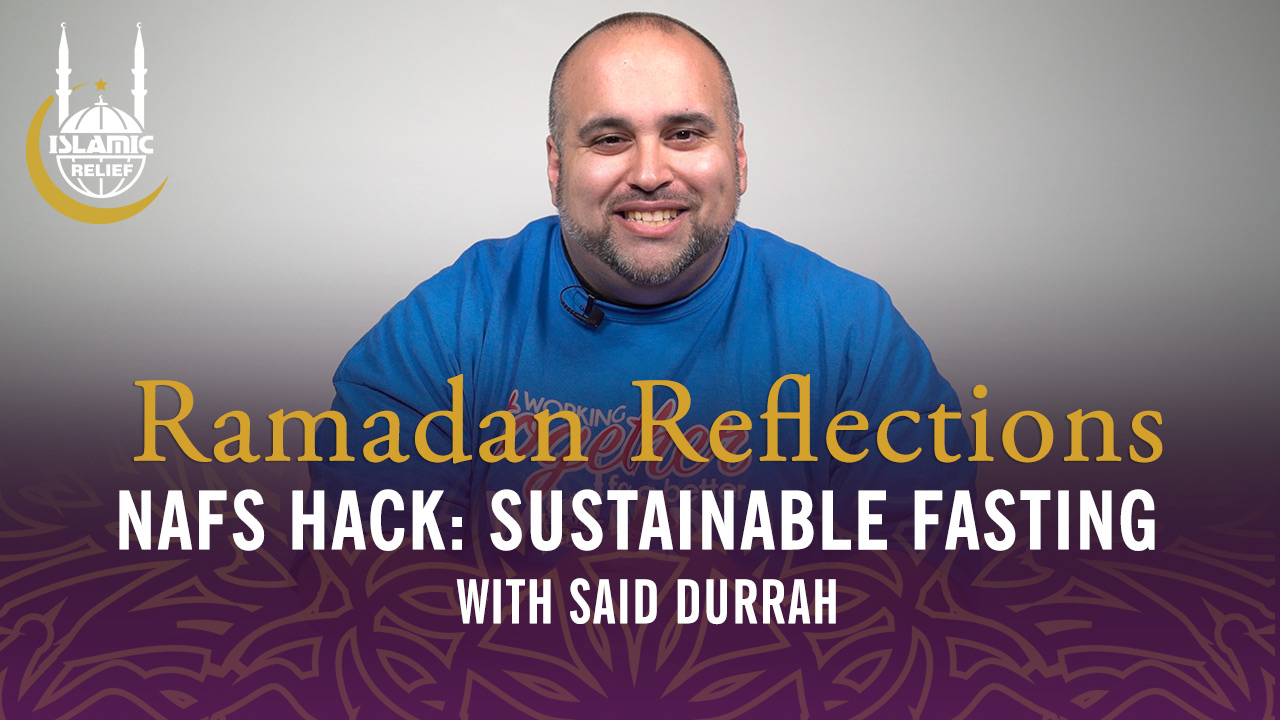70% of the World Is Water — But So Often, There’s Not a Drop to Drink
When you think of places where girls have to walk for hours to carry back water, you might tend to think of hot, dry regions of Africa. But water shortages can happen anywhere in the world—from remote villages in Albania to cities right here in the United States.
Schoolchildren learn that water covers 70% of the planet—it sounds so plentiful. But the fresh water we drink and use in our homes and on our farms only makes up 3% of the world’s water. And most of that is unavailable—locked up in frozen glaciers or otherwise inaccessible.
So providing clean water is more difficult than it might sound at first glance. And factors like conflict can make it much, much harder. That’s why 663 million people currently lack access to clean, safe water.
That’s 1 in 10 people in the world.
It’s as many as every single person in the United States — times two.
And when it’s hard to get water to homes, it’s even harder to get it to places like schools and health-care facilities, where a great deal of water is needed.

Water Beats All — In a Bad Way
Last year, the World Economic Forum announced that water crisis is the #1 global risk, based on the likelihood of a crisis occurring and the level of devastation it causes.
The crises that ranked closest below it were infectious disease, weapons of mass destruction, and conflicts between countries. Water crisis outranked all.
It takes a lot of factors coming together to provide water for a community. It requires a well-functioning government with good infrastructure and enough money to make it happen. It’s not a simple task.
And when it doesn’t happen, the effects are devastating—from illness to food scarcity to girls dropping out of school to carry water.
Clean water is one of the most life-changing gifts anyone can provide for those who need it. And alhamdulillah, that’s what IRUSA donors are doing in about a dozen countries, right now.

Unexpected Places
Albania is one of the places that tends to surprise people when they find out that water scarcity is a serious problem. Eastern Europe is not a hot climate, nor is it especially dry. But it’s a case where the government hasn’t been able to provide water.
“In Albania, the water infrastructure is really bad,” Laura McAdams, former IRUSA international programs coordinator, said after she returned from a visit there last fall. “Nowhere in the country can you really drink the water that comes out of the tap. In these four villages, there’s no water at all.”
McAdams was referring to the four villages where IRUSA donors are building new water sources.
When communist rule ended, the old infrastructure was destroyed, and there were plans to rebuild it better, McAdams said. But then, amid deepening recession, the new leaders were unable to carry out the plans. The country is extremely impoverished, and many residents struggle to meet their basic needs. People have to walk long distances to find water sources, and the water they carry back isn’t even drinkable. Drinking water, they have to buy.
That is changing for the residents of four of the worst-affected villages right now.
IRUSA donors are providing a new well and reservoir. A central tap in each of the villages will provide safe water for drinking, cleaning and caring for livestock and vegetable plants.
McAdams was very surprised by the conditions she found. Lack of water doesn’t just mean nothing to drink—it also means that it’s very hard to clean. It’s difficult enough to bring back enough water to clean a home, but the schools simply go dirty. McAdams visited a school with no bathroom, no drinking water, and grime all around. Now they’ll be able to clean it.
Where Fresh Water Flows
IRUSA donors are bringing water to schools in rural Tunisia too, for the same reason. Without adequate access to water for drinking, washing hands and cleaning, many rural schools are inhospitable places, with high levels of preventable illness. Girls are especially affected.
So IRUSA donors are providing water tanks to 110 rural schools. Each tank will provide a school with enough water for the students and staff to drink, wash hands, clean with and even to irrigate nearby trees.
These are just a couple of many water projects going on around the world. In Bangladesh, Ethiopia, Palestine, Kenya, Mali, Niger and South Sudan, IRUSA donors are building new water sources or repairing broken ones. In some places, like Syrian camps, donors are building bathrooms, which are important for keeping the water supplies clean.
Clean, drinkable water is a gift you’ve sent in recent months to so many other communities as well—even to our neighbors right here in the Flint, Michigan, where staff and volunteers spent six weekends in January and February delivering water door-to-door because the tap water is unsafe.
A Flint resident named Maurice stopped using the water from his faucet when he realized it was making his skin itch. Now he’s using bottled water for everything, so he was glad to open his door and find IRUSA’s team holding out a case of it.
“It’s helping a lot because a lot of people don’t have water, and a lot of elderly people don’t have any way to get around to get water,” he said. “So by you all coming out, that makes it a lot better, for the elderly especially. … It’s a blessing and I appreciate it very much.”




